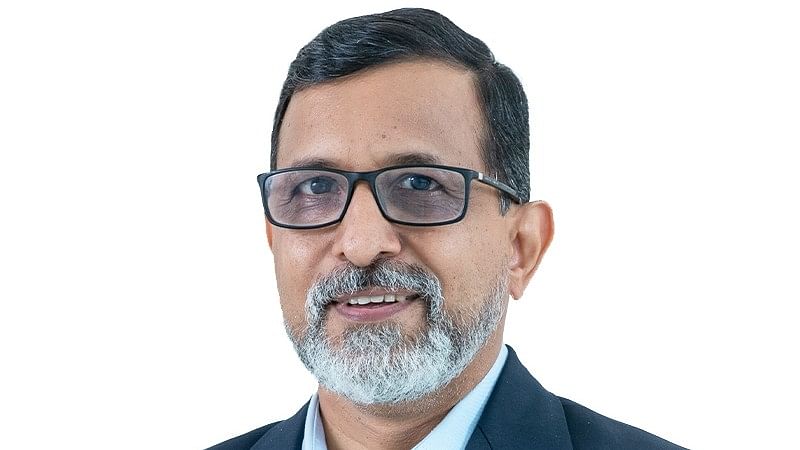
Bengaluru: The upcoming interim budget 2024 should announce more measures towards ease of doing business in order to boost private investment, ratings and research firm Crisil’s Chief Economist Dharmakriti Joshi said. In an exclusive interview with DH’s Arup Roychoudhury, he said that the possibility of an interest rate cut by the Reserve Bank of India before June seems remote, and that because of tight liquidity conditions, the world and Indian economies will slow down year-on-year in the coming financial year. Excerpts:
What are your key takeaways on the global and Indian economies in FY24?
India has done reasonably well this year and surpassed growth expectations. What is interesting is that the world economy has also grown a little faster than what was expected, including the United States. Rate tightening has continued, but that has not impacted the growth so much, so far. One of the reasons for that, particularly in the US, is the fiscal stimulus by the government.
For India, it is the government’s focus on infrastructure build-up via budget that has had an impact on growth. Investment has been the strongest driver of growth this year. Construction activity has benefited from the government infrastructure spend and also the revival of the real estate sector. Despite agriculture not doing well, the economy actually managed to grow faster year-on-year. This means that non-agriculture sectors have been the drivers of India's growth. Despite the challenges in the rural sector and agriculture, the economy is expected to grow at 7.3% this year.
For FY25, what are your projections, for India as well as the world economy?
The global economy is expected to slow down, because the interest rates have risen quite a lot and their peak impact will be felt now. The base case for the world economy is a soft-landing scenario. For India, we do expect growth to cyclically slow down. The reasons for that would be, first, the global slowdown does impact us. Second, the interest rates and tightening financial conditions would also impact domestic demand. So these factors come into play. On top of that, I think there are a plethora of external risks. Our current growth estimate for FY25 is 6.4%.
What is your outlook for interest rate cuts, based on what central banks, including Reserve Bank of India, have said?
I think monetary policy globally is at a very delicate phase. Because inflation is not where the central banks would like it to be, for most countries. But at the same time, I think there is a risk of over-tightening. If you tighten too much, you could end up with a recession. If you look around the world, I think the major central banks in the US and Europe are likely to begin rate cuts by June.
Latin America, which started raising rates much earlier than anybody else, has already started cutting rates and they'll continue with that. Asia will be a little bit slower in cutting rates. For RBI, the current assessment, based on the commentary coming from the central bank, is making us believe that it may happen after June. We were earlier of the view that rate cuts by RBI may happen between April and June, but now that is unlikely.
The Finance Minister will present an interim budget on February 1. What sort of commentary or policy indications will you be looking at?
This government has been fiscally conservative. The focus has been on increasing the investment side more than the consumption side, and the hope is that the growth in investment will lead to higher potential for the economy and higher consumption over time. At the same time, the budget needs to support the most vulnerable sections, whether it is through the schemes of health insurance, free foodgrains, rural housing etc.